Degrees & Affiliations
BA, Physical Chemistry - Columbia University PhD Candidate, Chemistry - MIT
Background & Interests
 Chemistry
Chemistry
 Genomics
Genomics
 I Want a Hot Body, but I also Want Tacos
I Want a Hot Body, but I also Want Tacos
 Immunology
Immunology
 Infectious Disease
Infectious Disease
 Low Braü
Low Braü
 Make Way for Dumplings
Make Way for Dumplings
 Never a Dull Moment
Never a Dull Moment
Biography
Sam Kazer is a 5th year graduate candidate in the Shalek Lab interested in applying single-cell genomics to tackle problems in infectious disease and allergy. Sam’s research focuses on understanding host-pathogen interactions in HIV infection in humans on a system-wide level; he collaborates widely throughout the Ragon Institute of MGH, Harvard, and MIT and at the KwaZulu-Natal Research Institute for Tuberculosis and HIV (K-RITH).
Sam’s optimistic, but Type-A, attitude was forged through a childhood in the fast-paced cutthroat Long Island, NY suburbs followed by a mellowing high school experience in Denver, CO. Attending Columbia University for his B.A. in Physical Chemistry, Sam worked for three years with Professor Kenneth Eisenthal utilizing non-linear spectroscopy to probe DNA-protein interactions in a label free environment. Following his undergraduate work, he enrolled in the Department of Chemistry at MIT in a Ph.D. program under Alex Shalek. Sam is lapsed photographer, frequent trivia-goer, and all around food lover.
Publications
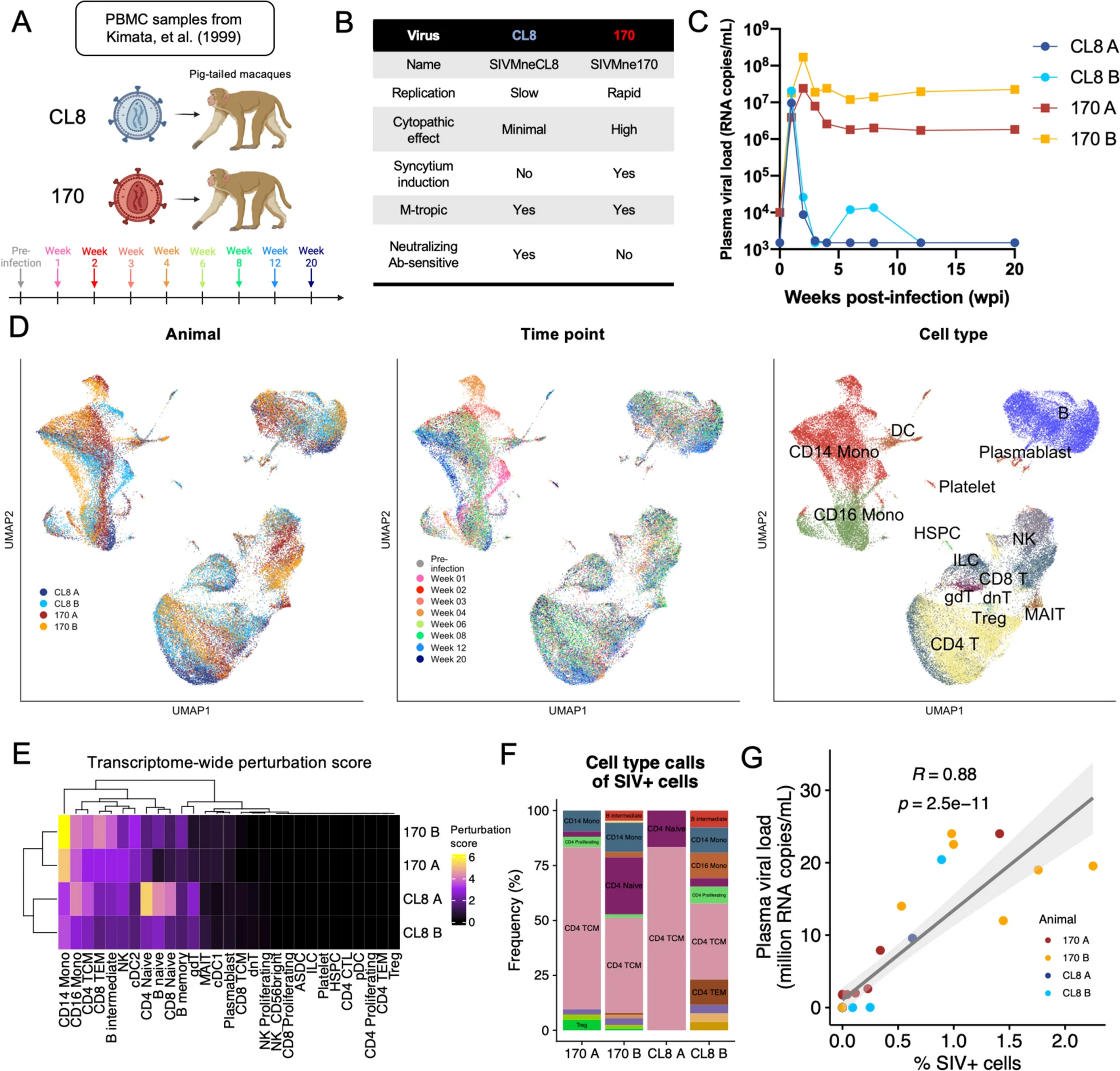
Pro-inflammatory feedback loops define immune responses to pathogenic Lentivirus infection
 Computational Methods
Computational Methods
 Genomics
Genomics
 Immunology
Immunology
 Infectious Disease
Infectious Disease
 Medicine
Medicine
 Alex K. Shalek
Alex K. Shalek
 Ira Fleming
Ira Fleming
 Jennyfer Galvez-Reyes
Jennyfer Galvez-Reyes
 Sam Kazer
Sam Kazer
 Vincent Miao
Vincent Miao
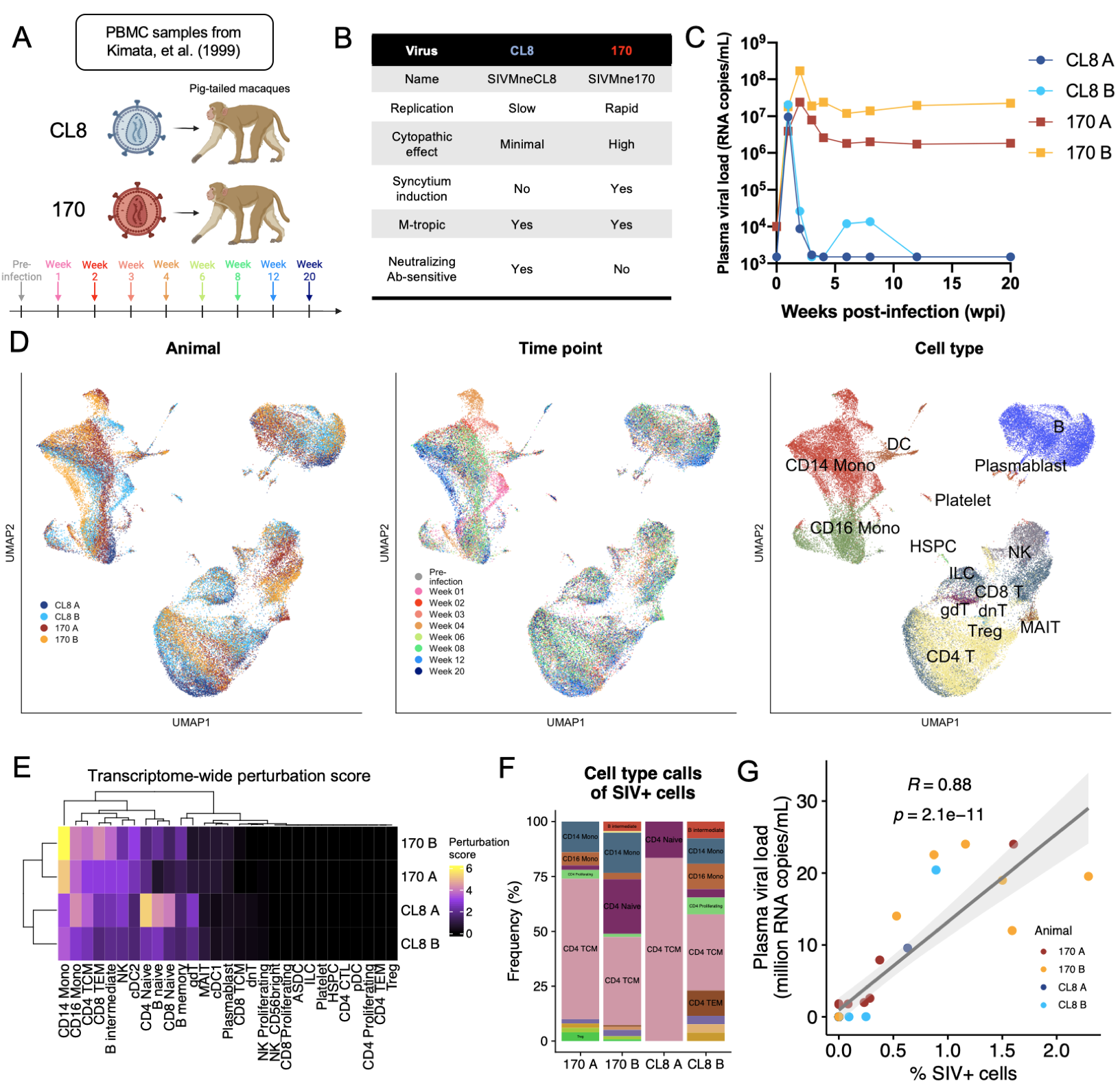
Pro-inflammatory feedback loops define immune responses to pathogenic lentivirus infection
 Genomics
Genomics
 Immunology
Immunology
 Infectious Disease
Infectious Disease
 Alex K. Shalek
Alex K. Shalek
 Ira Fleming
Ira Fleming
 Jennyfer Galvez-Reyes
Jennyfer Galvez-Reyes
 Sam Kazer
Sam Kazer
 Vincent Miao
Vincent Miao
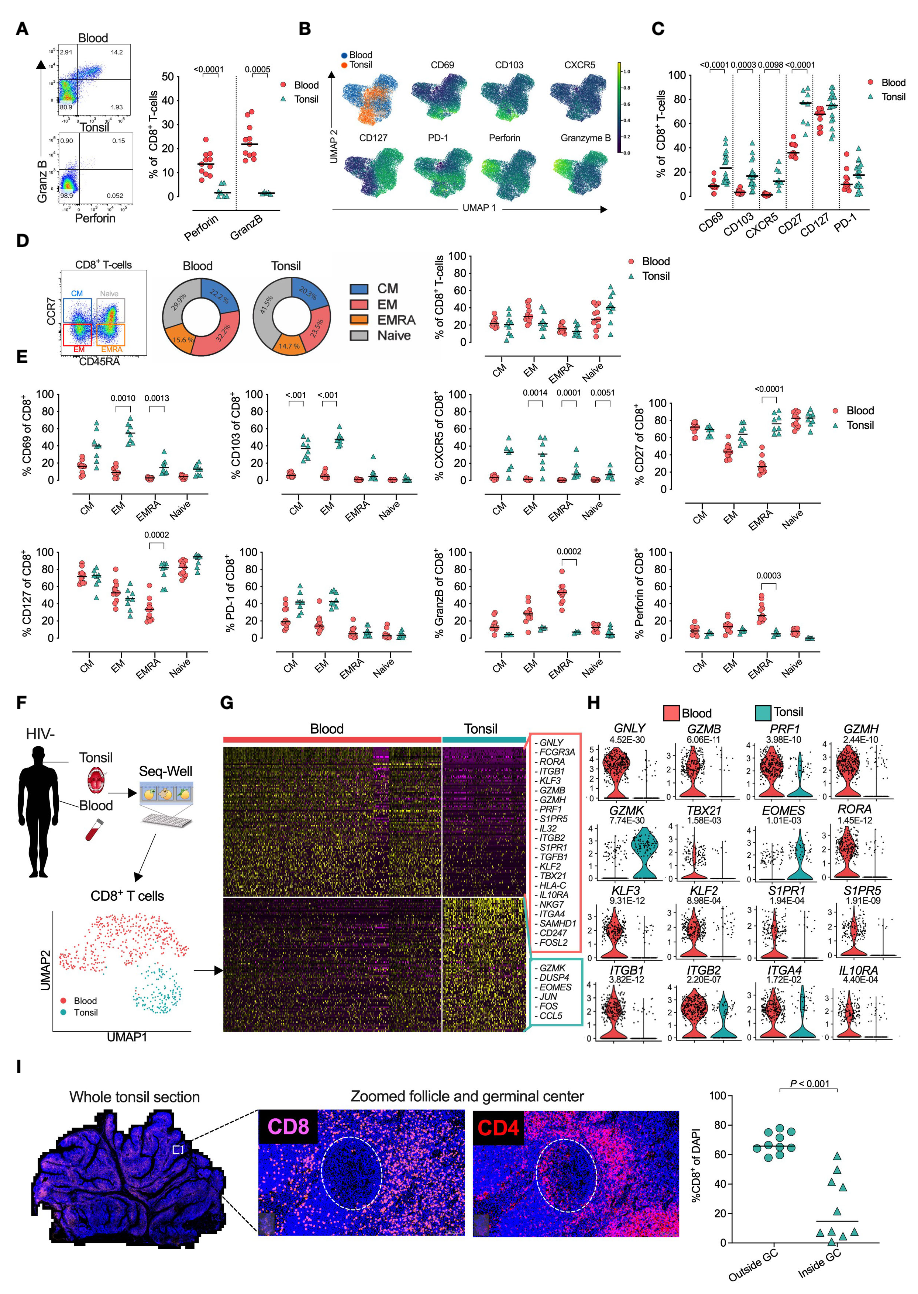
HIV specific CD8+ TRM-like cells in tonsils express exhaustive signatures in the absence of natural HIV control
 Biology
Biology
 Genomics
Genomics
 Immunology
Immunology
 Infectious Disease
Infectious Disease
 Alex K. Shalek
Alex K. Shalek
 Sam Kazer
Sam Kazer
 Sarah Nyquist
Sarah Nyquist
 Son Nguyen
Son Nguyen
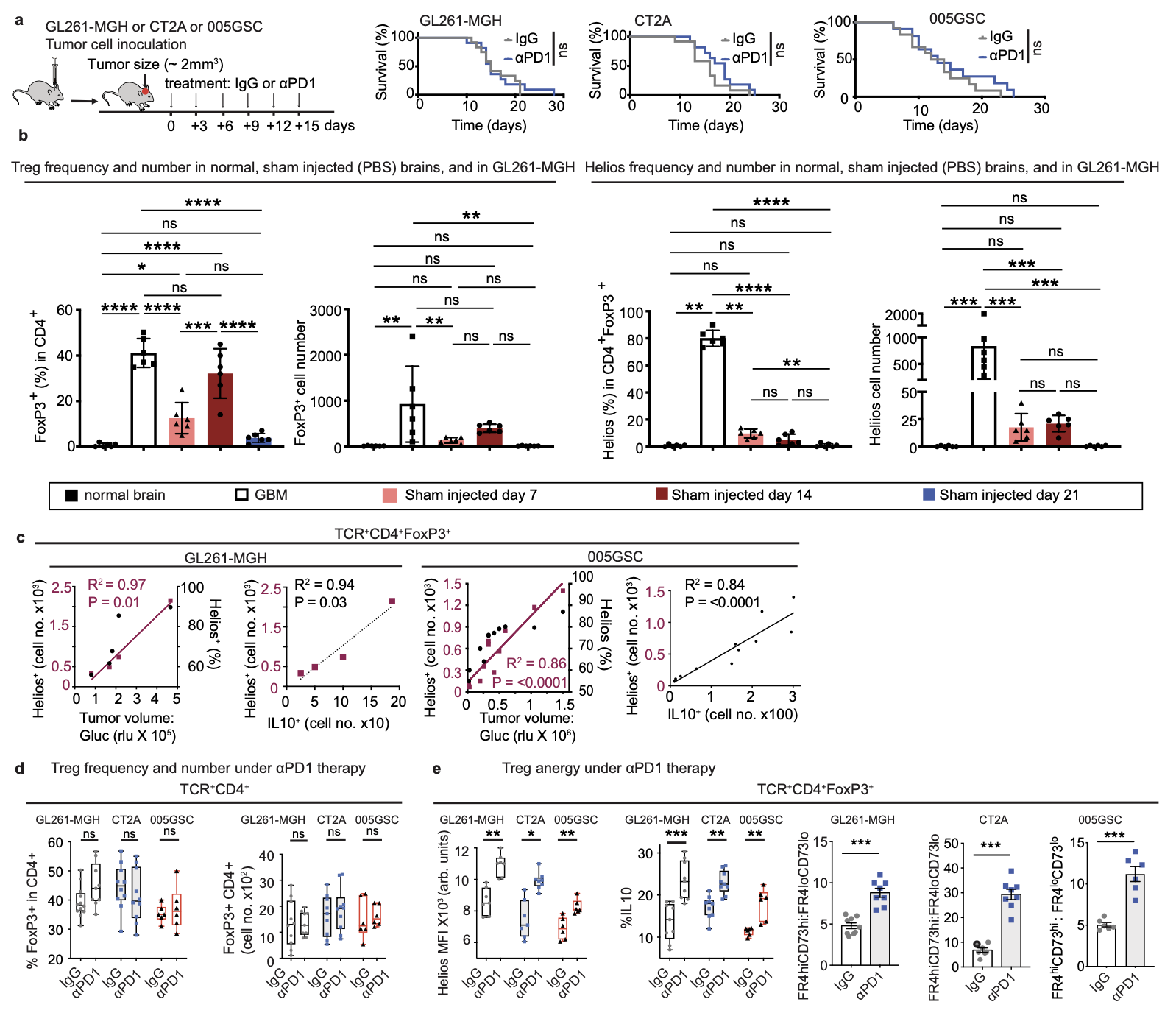
Targeting Treg cells with GITR activation alleviates resistance to immunotherapy in murine glioblastomas
 Cancer
Cancer
 Genomics
Genomics
 Immunology
Immunology
 Medicine
Medicine
 Alex K. Shalek
Alex K. Shalek
 Sam Kazer
Sam Kazer
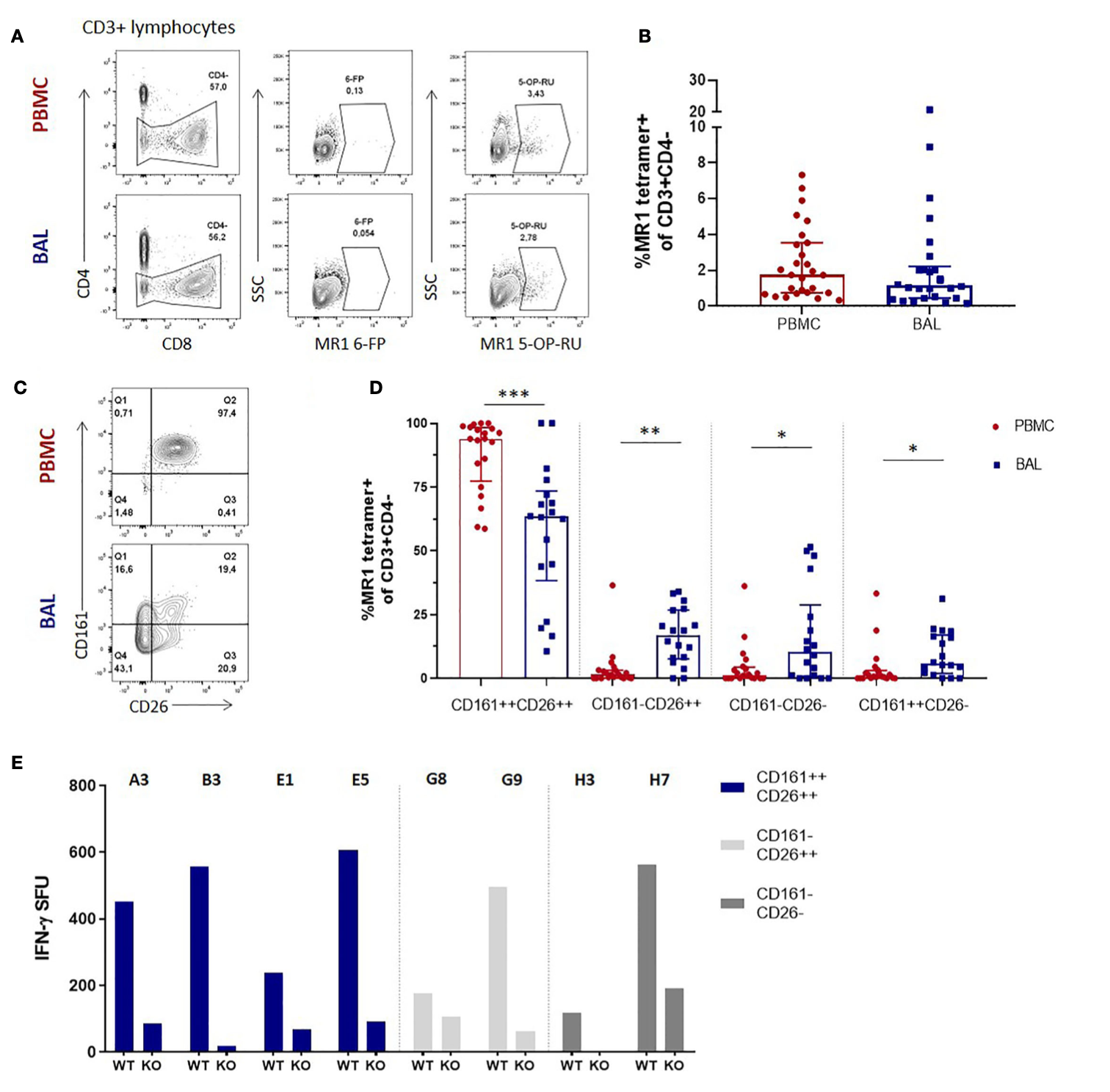
MR1-Restricted MAIT Cells From The Human Lung Mucosal Surface Have Distinct Phenotypic, Functional, and Transcriptomic Features That Are Preserved in HIV Infection
 Biology
Biology
 Genomics
Genomics
 Immunology
Immunology
 Infectious Disease
Infectious Disease
 Microbiology
Microbiology
 Alex K. Shalek
Alex K. Shalek
 Jay Prakadan
Jay Prakadan
 Sam Kazer
Sam Kazer
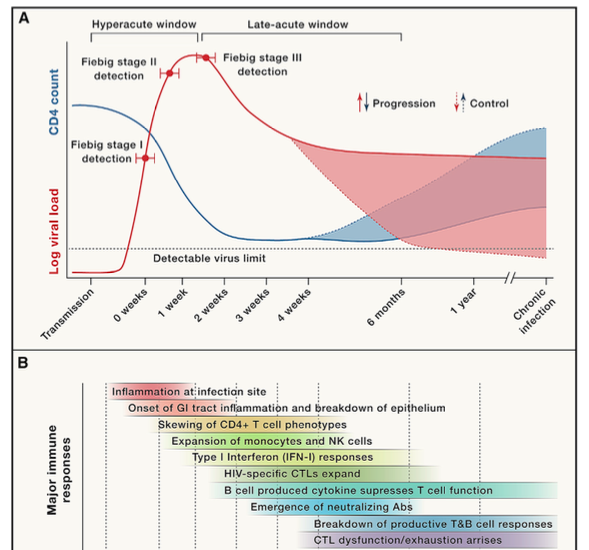
Evolution and diversity of immune responses during acute HIV infection
 Biology
Biology
 Immunology
Immunology
 Infectious Disease
Infectious Disease
 Medicine
Medicine
 Alex K. Shalek
Alex K. Shalek
 Sam Kazer
Sam Kazer
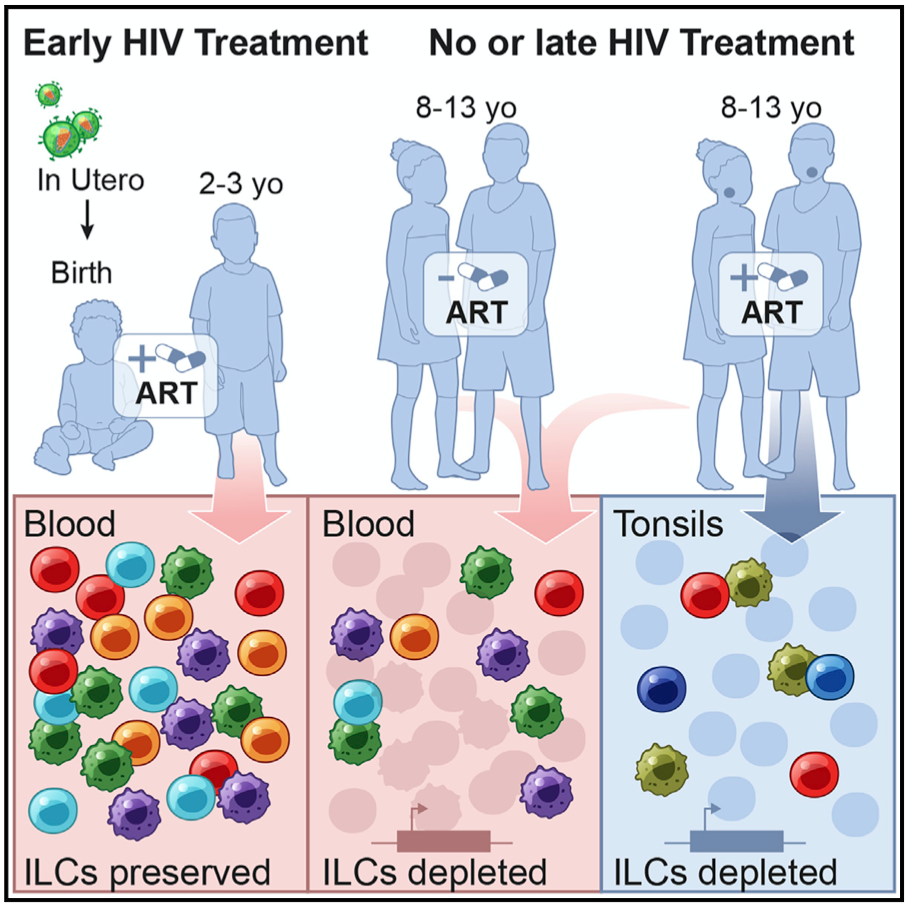
Innate Lymphoid Cell Activation and Sustained Depletion in Blood and Tissue of Children Infected with HIV from Birth Despite Antiretroviral Therapy
 Biology
Biology
 Genomics
Genomics
 Immunology
Immunology
 Infectious Disease
Infectious Disease
 Alex K. Shalek
Alex K. Shalek
 Sam Kazer
Sam Kazer
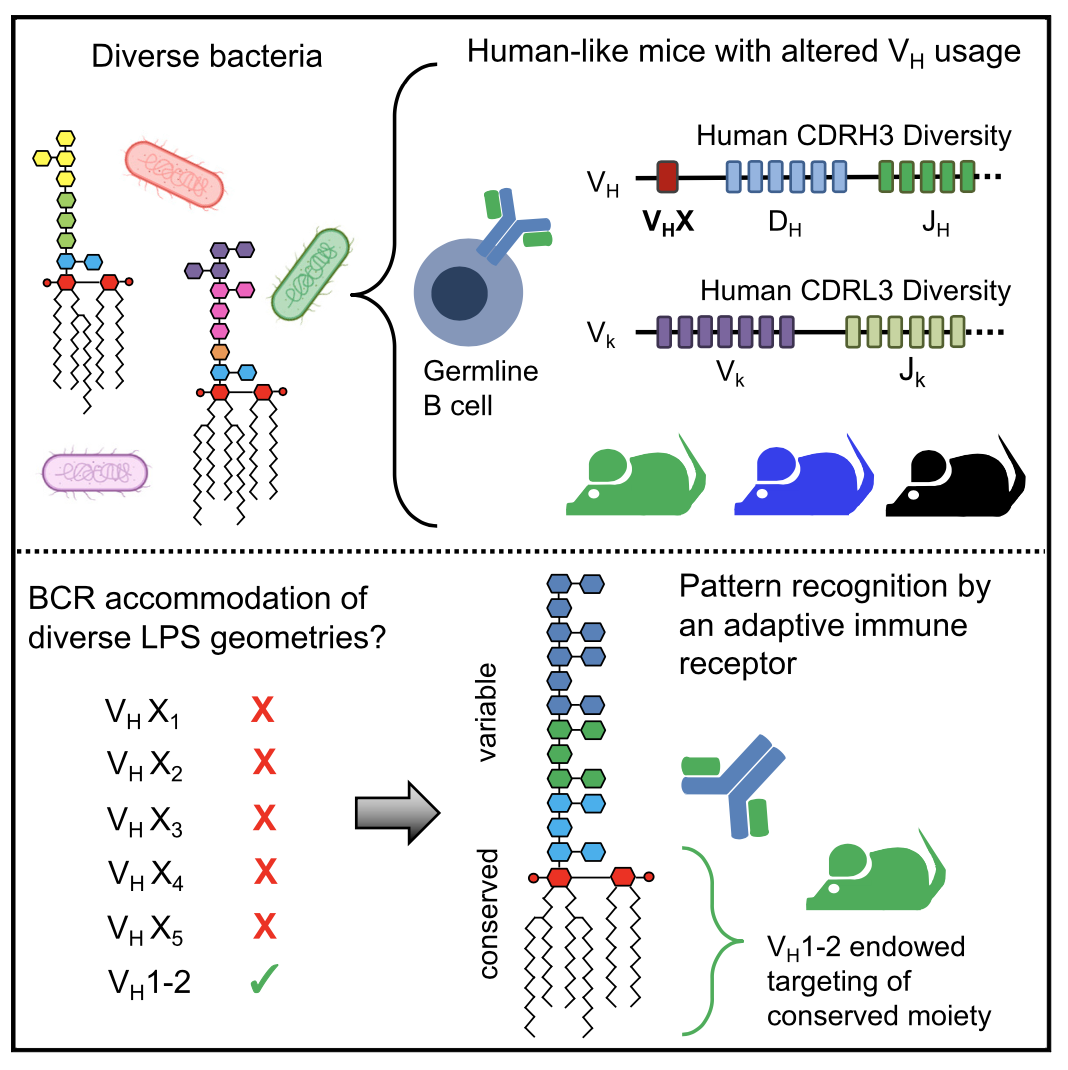
A Single Human VH-gene Allows for a Broad-Spectrum Antibody Response Targeting Bacterial Lipopolysaccharides in the Blood
 Biology
Biology
 Computational Methods
Computational Methods
 Genomics
Genomics
 Immunology
Immunology
 Infectious Disease
Infectious Disease
 Alex K. Shalek
Alex K. Shalek
 James Gatter
James Gatter
 Sam Kazer
Sam Kazer
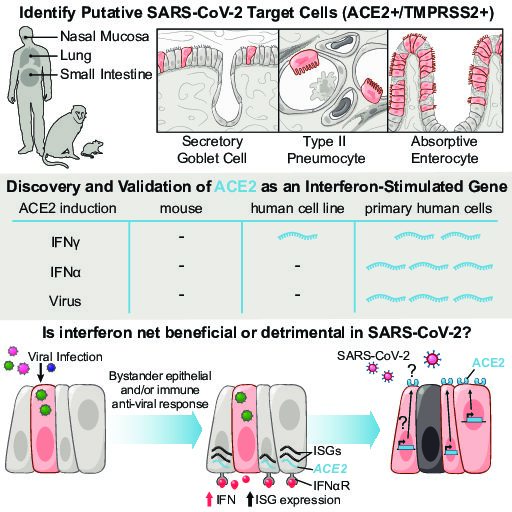
SARS-CoV-2 receptor ACE2 is an interferon-stimulated gene in human airway epithelial cells and is detected in specific cell subsets across tissues
 Biology
Biology
 Cell Atlas
Cell Atlas
 Genomics
Genomics
 Immunology
Immunology
 Infectious Disease
Infectious Disease
 Statistics
Statistics
 Ben Mead
Ben Mead
 Benjamin Doran
Benjamin Doran
 Carly Ziegler
Carly Ziegler
 Constantine Tzouanas
Constantine Tzouanas
 James Gatter
James Gatter
 Marc Wadsworth II
Marc Wadsworth II
 Marko Vukovic
Marko Vukovic
 Sam Allon
Sam Allon
 Sarah Nyquist
Sarah Nyquist
 Vincent Miao
Vincent Miao
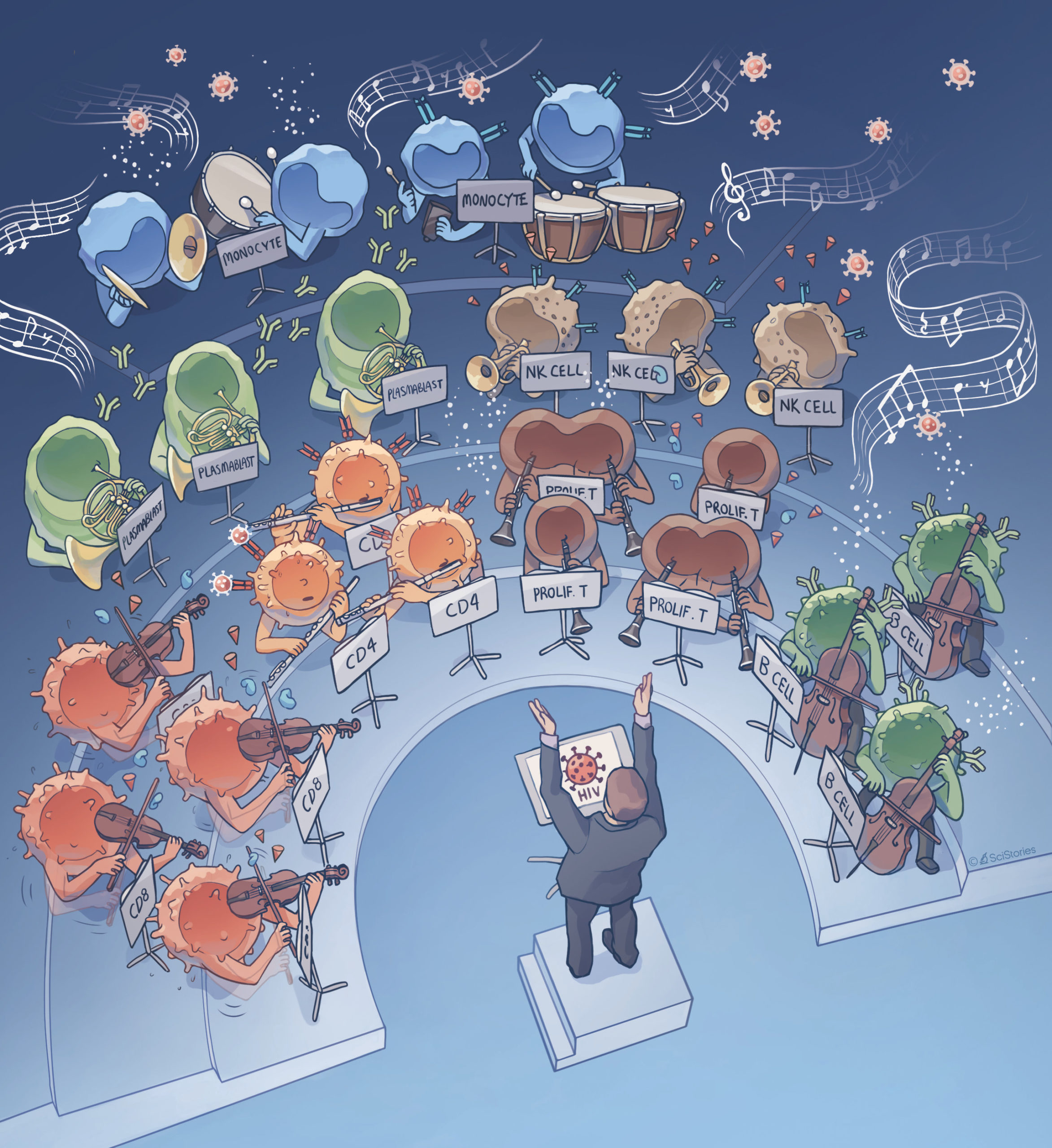
Integrated single-cell analysis of multicellular immune dynamics during hyperacute HIV-1 infection
 Biology
Biology
 Computational Methods
Computational Methods
 Genomics
Genomics
 Immunology
Immunology
 Infectious Disease
Infectious Disease
 Statistics
Statistics
 Alex K. Shalek
Alex K. Shalek
 Carly Ziegler
Carly Ziegler
 José Ordovas-Montañes
José Ordovas-Montañes
 Sam Kazer
Sam Kazer
 Sarah Nyquist
Sarah Nyquist
 Shaina Carroll
Shaina Carroll
 Toby Aicher
Toby Aicher
 Vincent Miao
Vincent Miao
